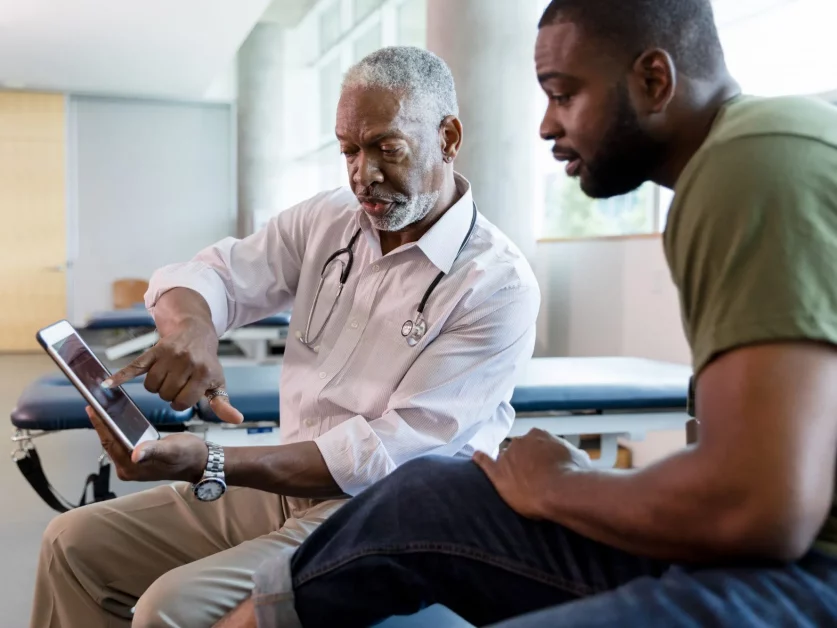A doctor can perform a vasectomy in a clinic, hospital, or office setting. Your scrotum’s tiny sperm-carrying tubes are either cut or sealed off, preventing sperm from leaving your body and resulting in pregnancy. You can leave the hospital the same day because the surgery is so rapid. And it almost always succeeds in avoiding pregnancy.
Vasectomy procedures come in two types: incision- and no-scalpel (no-cut). No-cut techniques speed up healing and reduce the danger of infection and other problems, said Mondeza.
“The sensation of having an orgasm or ejaculating (cumming) is unaffected by vasectomies. After a vasectomy, your semen (cum) will still taste the same, feel the same way, and look the same, but it won’t be able to cause conception in anyone,” he said.
Does a vasectomy work?
One of the most efficient birth control methods available is a vasectomy, which is the most effective procedure for those with penises and testicles. Vasectomies are virtually always successful in preventing pregnancy, though not immediately. Your semen takes roughly 3 months to become sperm-free.
Your doctor will perform a quick test called a semen analysis a few months after your vasectomy to see if there are any sperm in your semen. When you have sex, you will masturbate into a cup or use a unique condom to obtain a sample of semen.
When there are no sperm in your semen and the vasectomy is effective as birth control, your doctor will let you know. Unprotected intercourse is not advised until your doctor clears it.
Do vasectomies offer protection against STDs?
The answer is no, a vasectomy won’t save you or your partners from STDs. Even if it lacks sperm, semen (cum) can still harbor STDs. And in order to contract some STDs, all you need is skin-to-skin contact.
Reduce your risk of contracting or spreading STDs by using condoms.
How safe are vasectomies?
Vasectomies are extremely safe, and complications are extremely uncommon. But there are potential hazards with every medical operation. The majority of vasectomy hazards are mild and manageable.
Is a vasectomy possible?
Most persons who have penises and testicles can have a vasectomy without risk. To determine whether a vasectomy is appropriate for you, your doctor will discuss your health with you.
Only if you are absolutely certain that you do not want to be able to have children for the rest of your life should you have a vasectomy.
You might not be a good candidate for a vasectomy if:
In the future, you could desire to start a biological family.
Your partner, friends, or family are exerting pressure on you.
You anticipate that a vasectomy will address issues that could only last a short while, such as marital or sexual difficulties, transient mental or physical disorders, money concerns, or unemployment.
Can you undo a vasectomy?
Vasectomy procedures are typically irreversible and are intended to be permanent.
Although it’s occasionally possible to undo a vasectomy, there are no assurances that your fertility will return. Vasectomy reversal is a difficult procedure that can be highly pricey.
A vasectomy reversal may or may not be successful depending on:
How recently you underwent a vasectomy.
What kind of vasectomy you underwent.
Whether or if your body has produced anti-sperm antibodies (when your immune system attacks sperm).
Subscribe to our YouTube channel to catch your favorite Switch TV shows
Consider any potential life changes that might have an impact on you before having a vasectomy, such as a divorce, a new relationship, or the passing of your children. You don’t need your partner’s consent to get a vasectomy, but it can be beneficial to discuss it with them (or anyone else who could offer support and advice).
















